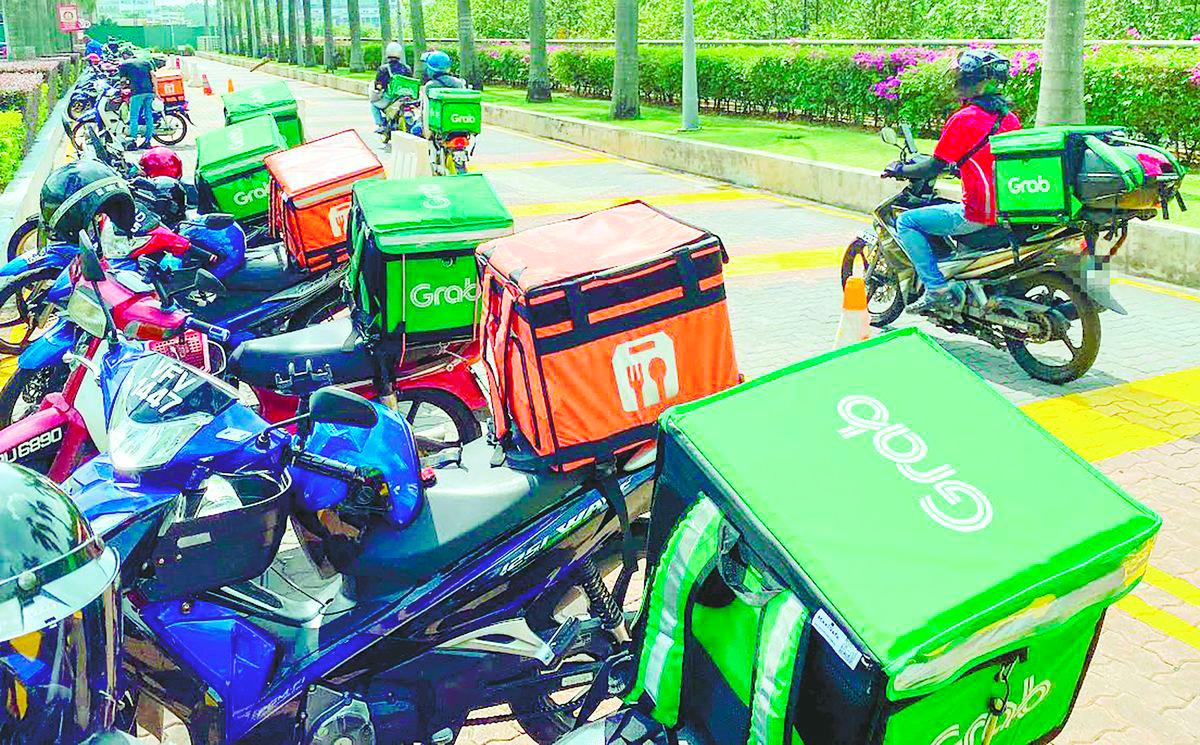PETALING JAYA: Malaysia’s Consumer Price Index rose 1.4% year-on-year in April, with food inflation hitting 2.3%, according to the Statistics Department.
While the overall inflation rate is easing, daily living costs continue to weigh heavily on low-income earners, particularly in urban areas.
Muhammad Syazreen Ismail, 33, has been working as a food delivery rider for the past five months, earning around RM40 a day, sometimes up to RM100, depending on the number of jobs he picks up.
He usually works weekday mornings and takes weekends off to help his mother run a food stall.
They live in a rented single-storey house in Petaling Jaya. Although the rent is mainly borne by his mother, Syazreen chips in RM200 a month towards household expenses.
“Things have been tough. Since my mother runs a food stall, our daily costs are even higher,” he said.
“A 10kg bag of rice is about RM30. Adding eggs, santan and other ingredients, it easily costs over RM200 (to run the stall), depending on the quantity and scale.”
“I do not know the full rent amount because my mother handles it, but I try to help however I can.”
His daily income also goes towards petrol, which can cost up to RM10 a day, and the occasional bike repair.
“Just changing the tyres can set me back RM80, and a chain and sprocket set costs about RM60. It all depends on my luck.
“But when repairs come up, it really stretches my budget.”
Syazreen is doing food delivery part-time while hunting for a full-time job.
He did not share much about his previous employment, only that he was laid off and turned to delivery work to support his mother and himself until he finds something stable.
“I wish I could do more. Grocery prices keep rising and it is getting harder to keep up.
“Although fuel prices have not changed much in recent years, they still eat into our income, whether for delivery work or daily errands.”
Puspita Reni, a 25-year-old waitress from Indonesia, has been in Malaysia since 2022. Earning RM1,800 a month with meals provided at work, she is just scraping by.
She rents a flat in Seksyen 11, Kota Damansara with her younger sibling, a university student at Bandar Sunway who also works part-time in retail.
Rent costs RM1,000 while the rest of her income is stretched between essentials and a monthly remittance of around RM500 to her family back home.
“It is not really enough, and we do not live fancy,” she said.
“I walk to work, I do not buy food since my workplace provides lunch, and I try to save.
“As a foreigner, I just go along with what the government decides. As long as I can support my family, that is all that matters.”
For others, the struggle is more visible than personal.
Muhammad Zahid Zainul Rashid, 44, has over 20 years of experience as a chef and acknowledges that he is in a better position than many.
“If you are not single and earning below RM3,000 in Kuala Lumpur or Selangor, it is hard to survive,” he said, referring to the younger staff under his watch.
“Some do not even get overtime. They take on Grab jobs after work just to get by, and even then, they might only make RM100.”
He pointed to rising food prices and sales and service tax-related disruptions, but expressed belief that government aid could help lighten the load, especially for private-sector workers.
“I feel for my team. They are doing their best but it is not enough. They are tired and still have to hustle.”









